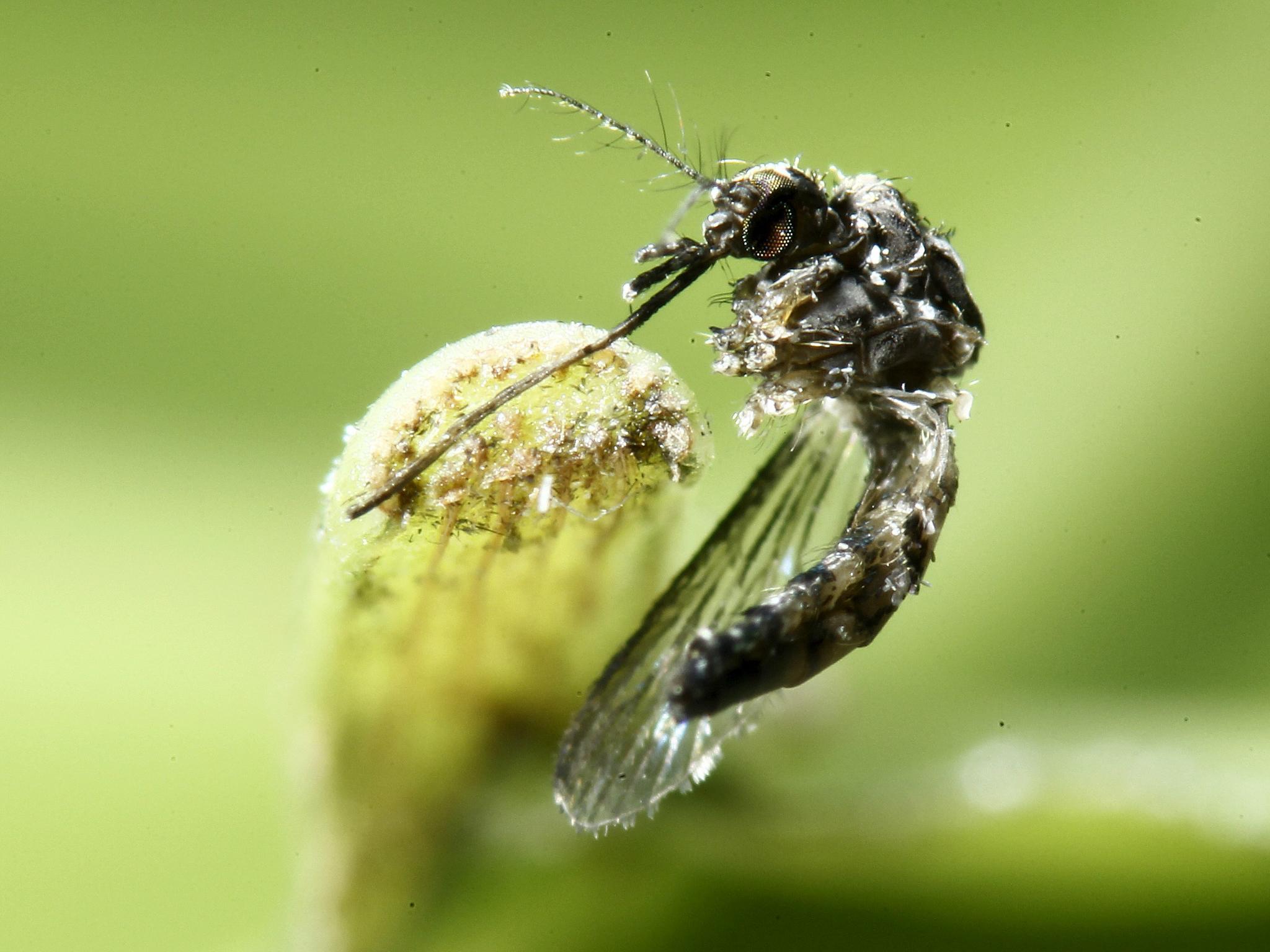First human case of Keystone virus found in Florida - it is likely not the only infection
Doctors had a 16-year-old in Florida was sick with the Zika virus before learning he has contracted the Keystone virus

Your support helps us to tell the story
From reproductive rights to climate change to Big Tech, The Independent is on the ground when the story is developing. Whether it's investigating the financials of Elon Musk's pro-Trump PAC or producing our latest documentary, 'The A Word', which shines a light on the American women fighting for reproductive rights, we know how important it is to parse out the facts from the messaging.
At such a critical moment in US history, we need reporters on the ground. Your donation allows us to keep sending journalists to speak to both sides of the story.
The Independent is trusted by Americans across the entire political spectrum. And unlike many other quality news outlets, we choose not to lock Americans out of our reporting and analysis with paywalls. We believe quality journalism should be available to everyone, paid for by those who can afford it.
Your support makes all the difference.The unnamed patient visited an urgent care clinic at North Central Florida in 2016, during the height of the international Zika virus outbreak. Doctors tested for Zika and could not identify what was causing the teenager to suffer a severe rash and fever until nearly a year and a half later.
The mosquito-transmitted infection was first discovered in the United States in 1964 and is known to cause encephalitis, or inflammation of the brain, in mice and other animals. The virus can also cause a mild fever and rash in those affected. Researchers at the University of Florida reported on the findings in the journal Clinical infectious Diseases, adding that other humans could possibly already be infected.
“Although the virus has never previously been found in humans, the infection may actually be fairly common in North Florida,” J Glenn Morris, director of the university's Emerging Pathogens Institute, said in a statement.
The University of Florida says the Keystone virus “has been found in animal populations along coastal regions stretching from Texas to the Chesapeake Bay,” and is carried by the Aedes atlanticus mosquito.
The patient infected with the Keystone virus did not display any signs of encephalitis, and researchers were perplexed by his symptoms, according to Mr Morris.
“It's one of these instances where if you don't know to look for something, you don't find it,” Mr Morris added.
The team of researchers developed a way to test for the infection in humans, which could lead to more cases being diagnosed throughout the southern US. Meanwhile, the level of vector borne illnesses (viruses transmitted from animals to humans) in the US has surged in recent years, doubling since the early 2000s according to a recent Center for Disease Control study.
Join our commenting forum
Join thought-provoking conversations, follow other Independent readers and see their replies
Comments